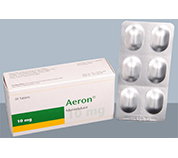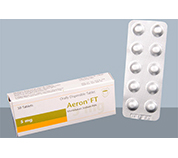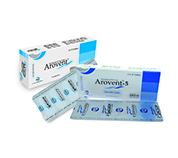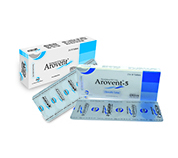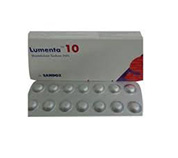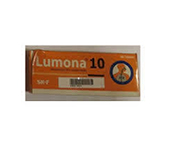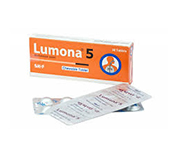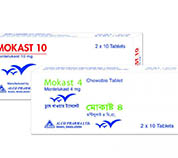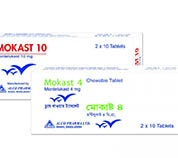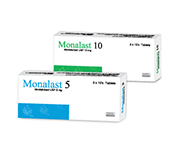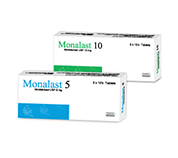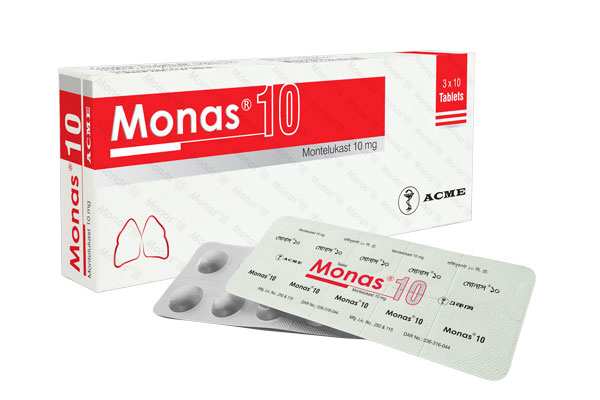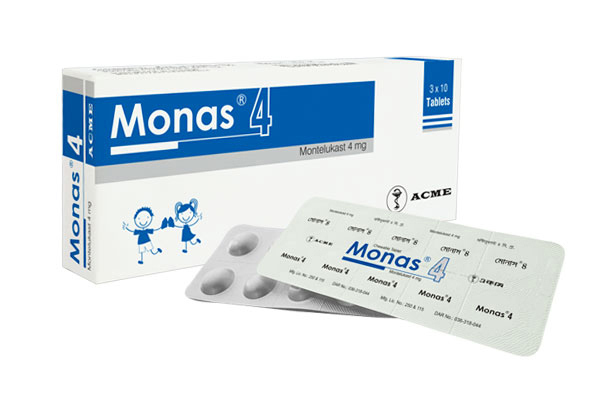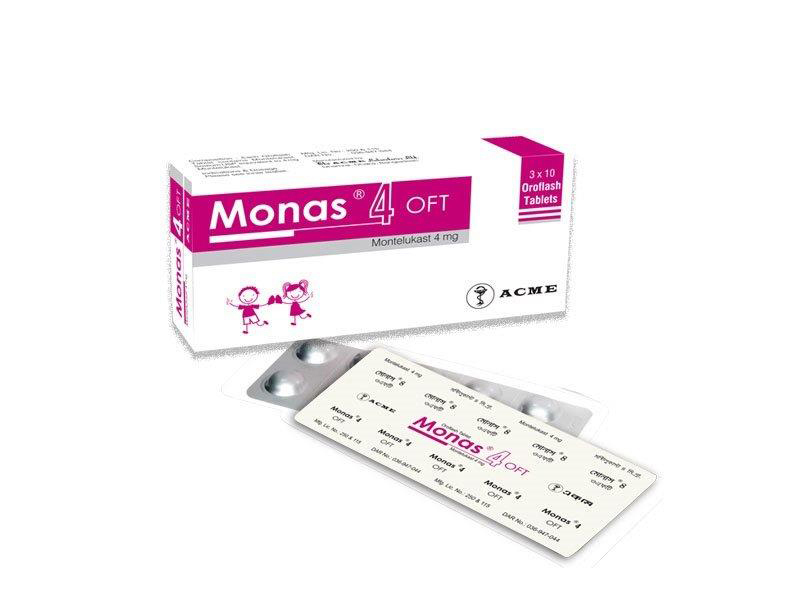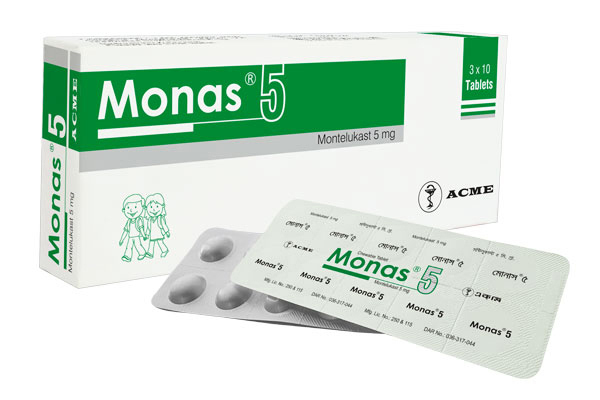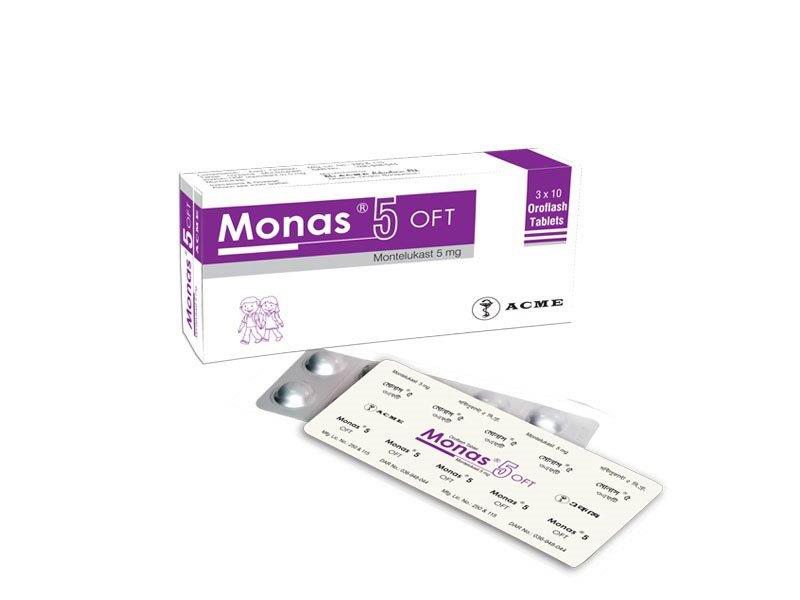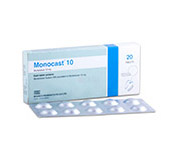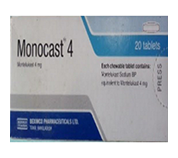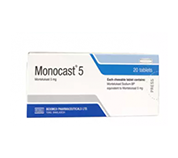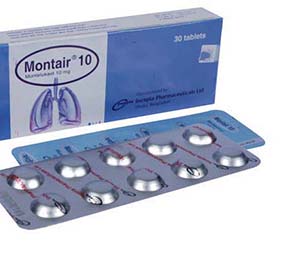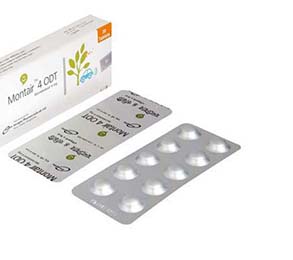Acitrin Tablet 10 mg 10 Pc
Alternative products
Cetirizine Hydrochloride [Oral]
Indications
It is indicated for the relief of symptoms associated with seasonal & perennial allergic rhinitis. It is also indicated for the treatment of the uncomplicated skin manifestations of chronic idiopathic urticaria and allergen induced asthma.
Pharmacology
Cetirizine Hydrochloride is a potent H1 receptor antagonist without any significant anticholinergic and antiserotonic effects. At pharmacologically active dose levels, it has almost no drowsiness effect and does not cause behavioral changes. It inhibits the histamine-mediated early phase of the allergic reaction and also reduces the migration of inflammatory cells and the release of mediators associated with the late phase of the allergic reaction.
Pharmacokinetics: Cetirizine 10 mg achieves peak plasma concentrations of 257 mcg/L within one hour of administration (980 mcg/L in children). Food does not affect the extent of absorption, but it may slightly reduce the rate. Peak blood levels 0.3 micrograms/ml are reached between thirty & sixty minutes after administration of 10 mg dose of Cetirizine. Its plasma half-life is approximately 11 hours. Absorption is very consistent from one subject to the next. Its renal clearance is 30 ml/minute and the excretion half-life is approximately nine hours.
Dosage & Administration
Adults and Children 6 years and older: 1 tablet or 2 teaspoonfuls daily (or 1 teaspoonful twice daily).
Children 2-6 years: 1 teaspoonful once daily or 1/2 teaspoonful twice daily.
Children 6 months to 2 years : 1/2 teaspoonful once daily. The dose in children 12-23 months of age can be increased to a maximum dose as 1/2 teaspoonful every 12 hours.
* চিকিৎসকের পরামর্শ মোতাবেক ঔষধ সেবন করুন'
Interaction
No clinically significant drug interactions have been found with Theophylline, Azithromycin, Pseudoephedrine, Ketoconazole or Erythromycin and with other drugs.
Contraindications
It is contraindicated in patients with a history of hypersensitivity to Cetirizine or hydroxyzine.
Side Effects
The most common side effects that occurred more frequently on Cetirizine is somnolence.
Pregnancy & Lactation
US FDA Pregnancy Category of Cetirizine Hydrochloride is B. There are, however, no adequate and well-controlled studies in pregnant women. Because animal reproduction studies are not always predictive of human response, this drug should be used during pregnancy only if clearly needed. Cetirizine Hydrochloride has been shown to be excreted in human milk. So, caution should be exercised when Cetirizine Hydrochloride is administered to a nursing woman.
Precautions & Warnings
Caution should be exercised when driving a car or operating a heavy machinery.
Therapeutic Class
Sedating Anti-histamine
Storage Conditions
Keep in a dry place away from light and heat. Keep out of the reach of children.
- Type Tablet
- Tag
- Morbi leo risus
- Porta ac consectetur ac
- Vestibulum at eros






